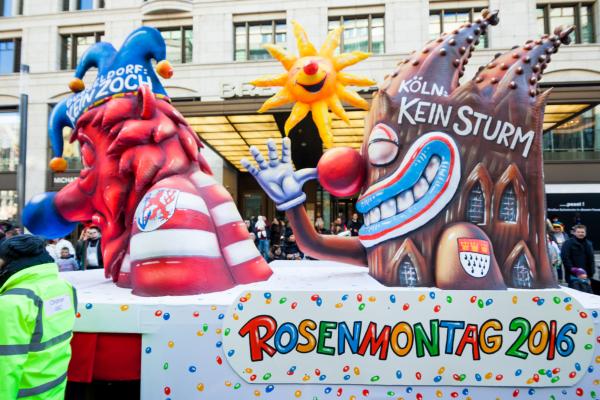Feb 14, 2018
“They’re amazed how little these people realize that satire can be a form of violence that hurts them, their spirituality, their view of God and the way they pray,” he said.
Read the Full Article

Already a subscriber? Login
